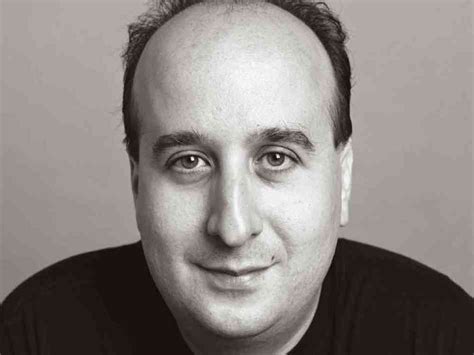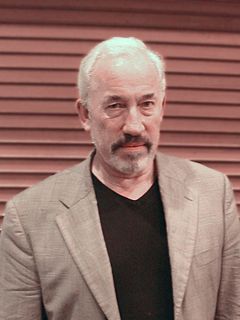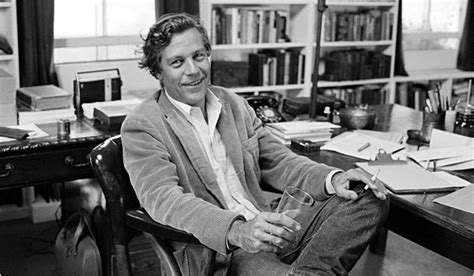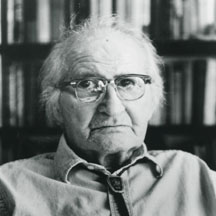A Quote by Walter Kirn
A writer is someone who tells you one thing so someday he can tell his readers another thing: what he was thinking but declined to say, or what he would have thought had he been wiser. A writer turns his life into material, and if you're in his life, he uses yours, too.
Related Quotes
The flimsy little protestations that mark the front gate of every novel, the solemn statements that any resemblance to real persons living or dead is entirely coincidental, are fraudulent every time. A writer has no other material to make his people from than the people of his experience ... The only thing the writer can do is to recombine parts, suppress some characterisitics and emphasize others, put two or three people into one fictional character, and pray the real-life prototypes won't sue.
Writing itself, if not misunderstood and abused, becomes a way of empowering the writing self. It converts anger and disappointment into deliberate and durable aggression, the writer's main source of energy. It converts sorrow and self-pity into empathy, the writer's main means of relating to otherness. Similarly, his wounded innocence turns into irony, his silliness into wit, his guilt into judgment, his oddness into originality, his perverseness into his stinger.
Detach the writer from the milieu where he has experienced his greatest sense of belonging, and you have created a discontinuity within his personality, a short circuit in his identity. The result is his originality, his creativity comes to an end. He becomes the one-book novelist or the one-trilogy writer.
Ben remembered reading about curators in "Wonderstruck", and thought about what id meant to curate your own life, as his dad had done here. What would it be like to pick and choose the objects and stories that would go in your own cabinet? How would Ben curate his own life? And then, thinking about his museum box, and his house, and his books, and the secret room, he realized he'd already begun doing it. Maybe, thought Ben, we are all cabinets of wonders.
Here, take this, she would say, take this, and tell me where he is. Tell me whether he's dead or alive, so I can walk as his widow or his wife. No one would, or could, tell her, and so she continued to cook, and to learn new things all the while searching for an answer among the outcasts. The way he carried his body, the way he walked in my life, Tatiana thought, declared that he was the only man I had ever loved, and he knew it. And until I was alone without him, I thought it was all worth it.
My best experience as a writer was working with Michael Ondaatje. He let me dismantle his novel, reimagine it, and still had dinner with me and gave me good notes. But the best thing about writing has been the writer's life, the sense of being expressed, the ownership of the day, the entirely specious sense of freedom we have, however slave we are to some boss or other. I wouldn't trade it for any other life.
The human race may be compared to a writer. At the outset a writer has often only a vague general notion of the plan of his work, and of the thought he intends to elaborate. As he proceeds, penetrating his material, laboring to express himself fitly, he lays a firmer grasp on his thought; he finds himself. So the human race is writing its story, finding itself, discovering its own underlying purpose, revising, recasting a tale pathetic often, yet none the less sublime.




































